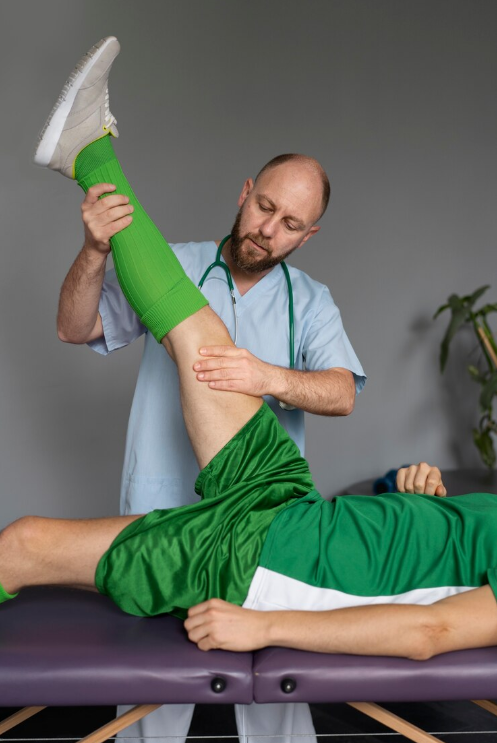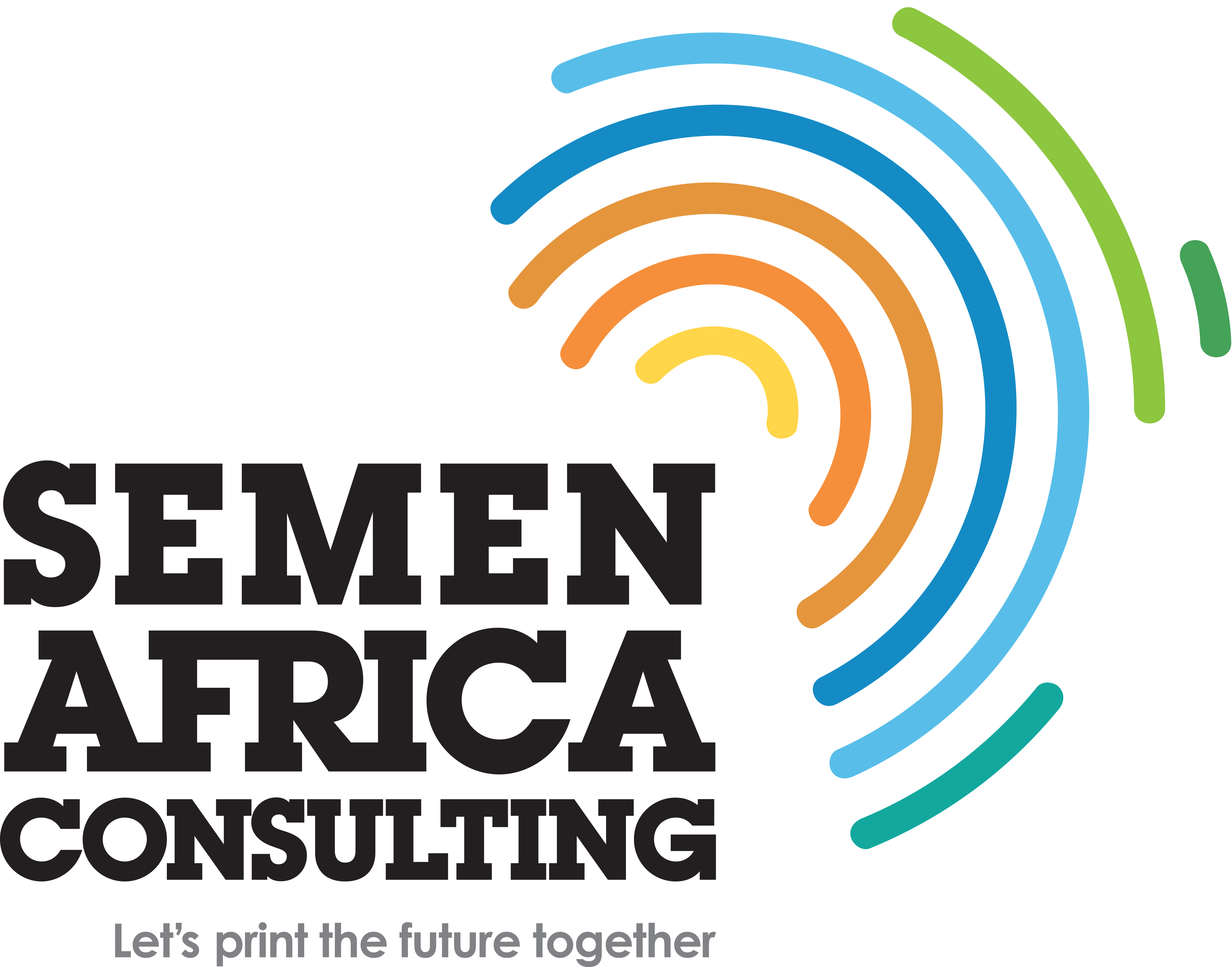Côte d’Ivoire is preparing to host the 34th Africa Cup of Nations (CAN) 2024 soccer tournament, demonstrating the country’s ability to organize major sporting events such as the African Basketball Championship, the Taekwondo World Cup in 2013 and the Jeux de la Francophonie in 2017. Its ambition is to make sport a strategic tool for promoting well-being and social unity, while establishing a benchmark sports industry and a robust sports economy in the region. Moreover, since 2015, the UN has considered sport to be a full-fledged player in sustainable development, offering Africa a place of its own. With the world’s youngest population and international champions serving as role models, the African continent indeed offers real development prospects, combining two booming economies: the sports and health markets. Let’s find out why such synergies are so promising.
Sport and Africa, a long history

Africa and sport have long enjoyed a close relationship, with a number of African champions having written some of the finest pages in sporting history: in rugby with the South African Springboks, in athletics with numerous world champions, and in soccer with almost 500 African players currently under contract with European clubs. These include Ethiopian long-distance runner Haile Gebreselassie, South African golfer Gary Player, Liberian footballer and Ballon d’Or winner George Weah, four-time Ballon d’Or winner Samuel Eto’o of Cameroon, two-time Ballon d’Or winner Didier Drogba of Côte d’Ivoire and Moroccan athlete Hicham El Guerrouj, Ivorian sprint champion Murielle Ahouré, Gabonese taekwondoka Anthony Obame, Kenyan marathon runner Eliu Kipchoge, Nigerian boxer and triple middleweight world champion Kamaru Usman and Burkinabe triple jump world champion Hugues Fabrice Zango, have all made their mark on their disciplines.
In the past, countries like South Africa organized major international events, such as the very first tennis tournaments in 1891, or the South African Automobile Grand Prix in the 60s. Over the years, however, political (apartheid sanctions) and economic constraints have forced these events to be scaled back.
In 2010, the organization of the Football World Cup in South Africa marked a form of renewal. Its success has led to new international competitions, such as the Handball Club World Cup in Egypt, the Men’s Under-21 Volleyball World Championship in Morocco, and the Under-20 Rugby World Trophy in Kenya (2023). In 2030, Morocco will be one of the co-hosts of the Football World Cup, a further step towards placing African countries at the heart of the world’s major sporting events. This is as much a question of image, tourist appeal and soft power, as it is a formidable economic challenge, with promising prospects for all.
Africa's growing sports industry
Indeed, with an annual market estimated at 512 billion dollars, the sports economy is growing worldwide at a rate of at least 5% a year. Countries such as Saudi Arabia and Qatar see it as a real growth lever that could eventually replace petrodollars. While the African continent could benefit from annual growth in the sports market of around 8%, the sports economy still represents only 0.5% of African GDP, compared with 2% worldwide.
But in the face of such under-investment, things are changing fast, so much so that in the Kingdom of Morocco, the sports economy was at the heart of the latest Africa Investment Forum in Marrakech, at the end of 2023. Investors emphasized the importance of sport in sustainable development, and its role as a driver of overall economic growth. Public and private investors can thus foster the emergence of talent (soccer, boxing, athletics, etc.) while contributing to the development of skills and infrastructures: in a sports clinic, technical and human capital are inseparable.

In such an ecosystem, Africa’s healthcare economy plays a major role, with sports medicine playing an essential role. These two growth drivers are intimately linked, with high-level sports medicine contributing to a better selection of talent at every stage, from the training center to the rehabilitation center. Top-level sports medicine requires cutting-edge skills, with material resources (medical imaging, physiotherapy center, rehabilitation equipment, consultation areas) and human resources (sports doctors, radiologists, orthopedists, traumatologists, cardiologists, neurologists, psychologists, physiotherapists, nutritionists) that will benefit the population as a whole, with both economic and health spin-offs. Hence the importance of the Rencontres Internationales des Grands Évènements Sportifs (RIGES), whose aim is to encourage discussions on the social importance of sport and the economic viability of infrastructures built for major sporting events.
Investing in the sports medicine market means calling on local specialists in the African healthcare market to analyze the economic opportunities in terms of financial, sporting and medical synergies. As in sports, the secret to success is to work as a team, surrounding yourself with the best in your field.
« Let’s print the future together !»



